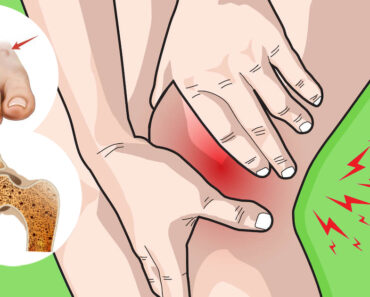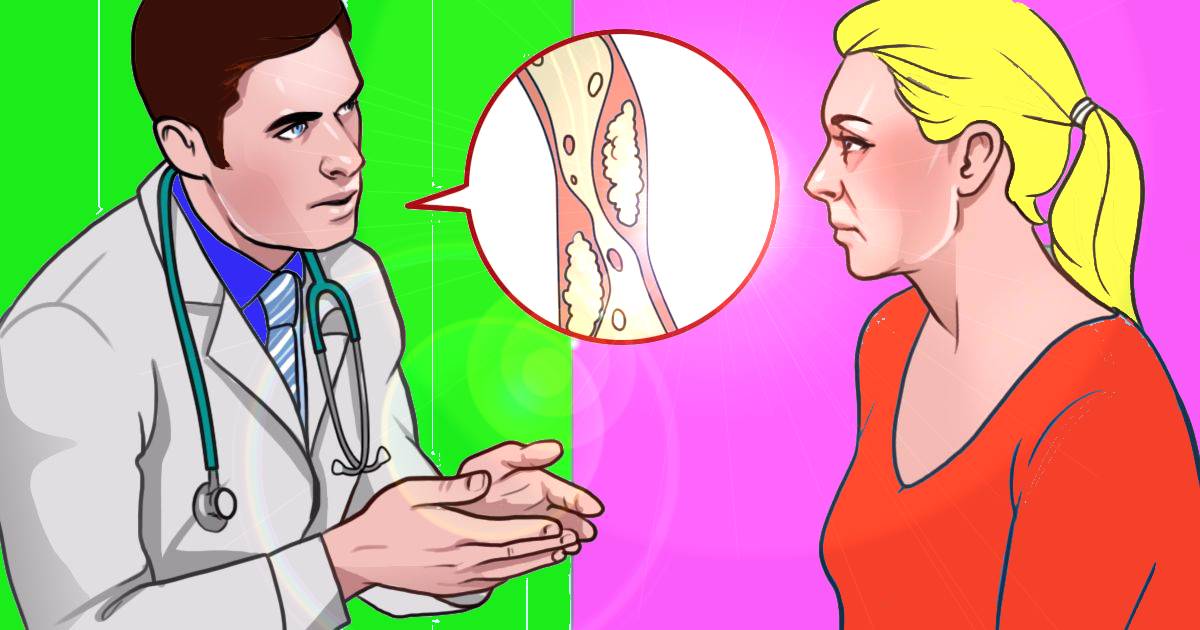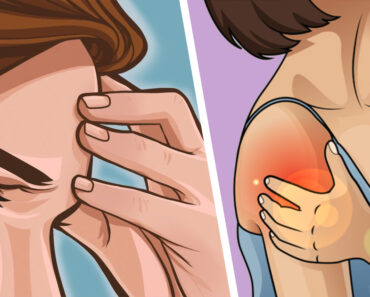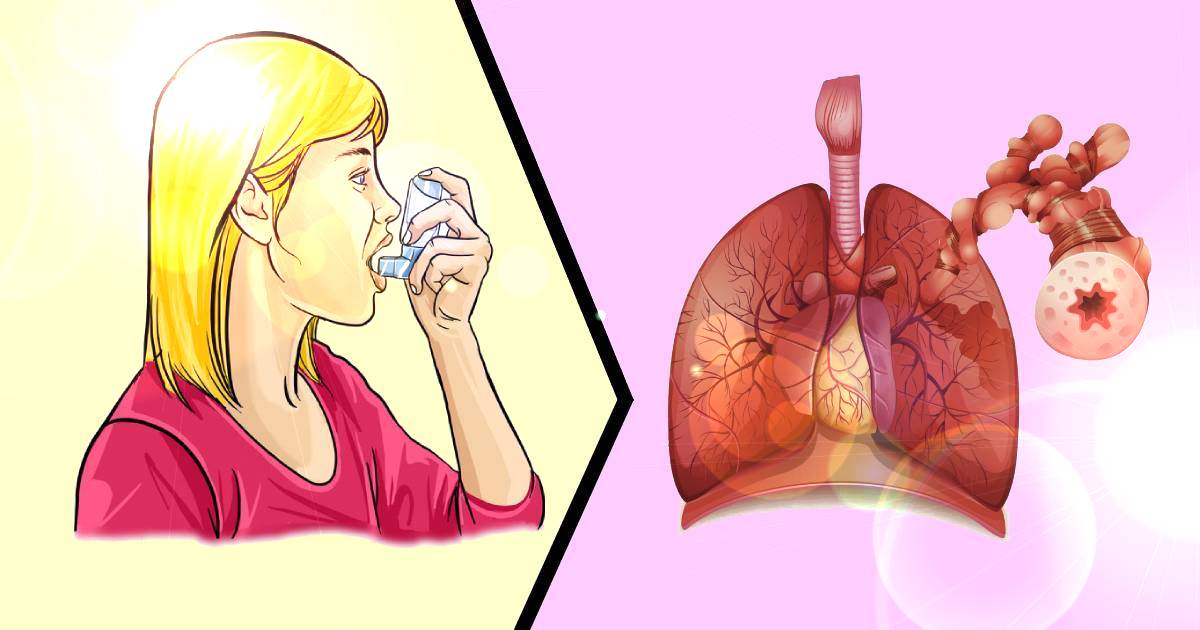
Asthma is one of the most common chronic diseases in adults and children. It affects patients’ quality of life by making it difficult for them to participate in activities they once enjoyed. People with the condition are also at increased risk of early death because they have less ability to exercise. Therefore, the risk of developing other diseases, such as heart disease, stroke or diabetes, increases. However, with the right knowledge, you can live with the condition without compromising your quality of life.
Signs and symptoms
If you have asthma, you know how important it is to be able to recognize the signs and symptoms. This way, if you notice that your breathing isn’t as easy as it should be, you can take immediate steps to get help. These signs and symptoms can help you determine if you are having a seizure.
1- cough

Coughing is one of the most common symptoms of asthma. It is caused by inflammation of the airways in the lungs, which makes it difficult for air to pass through. You may also feel like you have something stuck in your throat or chest and it won’t go away.
Coughing can be worrisome, especially if it’s the first time it’s happened. But you don’t have to worry: coughing is a normal symptom of asthma. However, if you are coughing more than usual, it is best to call your doctor immediately or see a doctor.
2- Wheezing

Wheezing occurs when the airways narrow, causing them to wheeze when they breathe. If you have asthma, this sound may increase when you exercise or inhale irritants such as smoke or dust.
Wheezing can be mild or severe and can last for seconds or minutes. Also, wheezing is often an early sign that your airways are beginning to narrow and that you need to use your asthma inhaler right away.
3- Shortness of breath
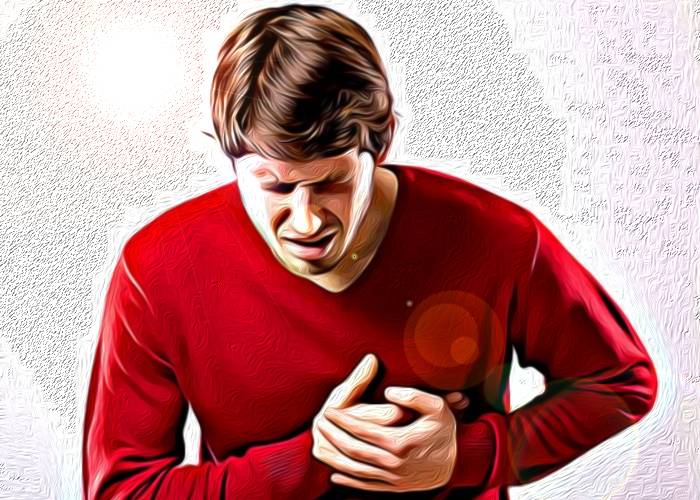
Difficulty breathing is one of the first signs that you may be having an attack, so it’s important to know what it’s like to have asthma. This is your body’s way of telling you that you don’t have enough oxygen in your blood. It can also be described as:
- Difficulty breathing in or out
- Feeling that the lungs are not getting enough oxygen.
- Feeling like your heart is beating too fast or too hard.
- Feeling like you need to breathe more deeply than usual
4- Tightness or pain in the chest
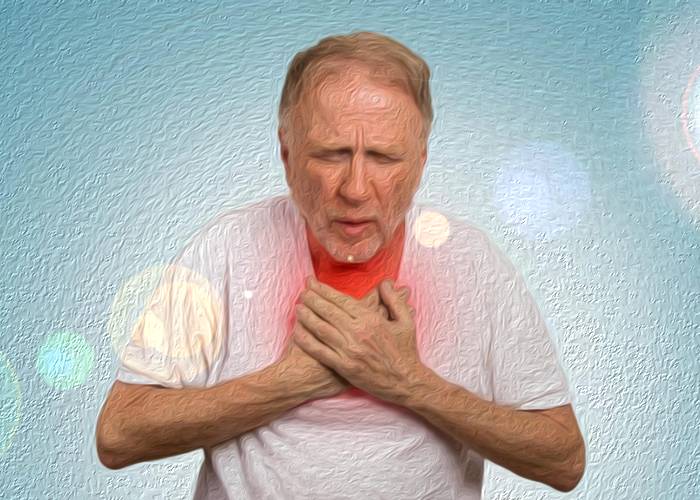
Tightness or pain in the chest is a common symptom of asthma. This can be a key symptom to help you identify when you are not experiencing other symptoms. Chest tightness often manifests as a tight feeling in the chest, making it difficult to take deep breaths. The sensation can be mild to severe and may come on suddenly or gradually over time.
Tightness in the chest may also be accompanied by coughing or wheezing. If you feel chest tightness, this could indicate an asthma exacerbation and you should take your medication immediately.
5- Fatigue
Fatigue is caused by stress on the body from asthma symptoms, such as coughing and shortness of breath. If you have asthma, you may feel tired all the time, cough, or exert yourself physically.
Fatigue may be more common in people with moderate or severe asthma. This affects the amount of energy you have and makes it more difficult to complete tasks that require physical exertion. Fatigue can also lead to depression that affects your quality of life.
How is asthma diagnosed
Asthma can be difficult to diagnose. It’s important to know that there are many different types of asthma and many different ways to diagnose it.
The best way to diagnose asthma is with a medical or nursing exam. He or she will listen to your lungs with a stethoscope and monitor your breathing patterns. They may also ask you questions about your symptoms, such as when they started, what makes them worse, and how long they last.
Your doctor may also ask you to have blood tests or skin tests to determine if you have allergies or other conditions that could be causing your symptoms. Your doctor will also ask about your family history of asthma, allergies, and other respiratory conditions.
How to deal with asthma
Asthma is a chronic condition that needs to be treated. The goal of an asthma action plan is to control your symptoms so you can live a full and active life.
Asthma can be controlled with a combination of medication, proper diet and exercise, and avoiding triggers. This will help you live a normal life without asthma symptoms.
If you have asthma, there are some steps you can take to control your symptoms:
- Know your triggers
If you know what causes asthma attacks, it will be easier for you to avoid them in the future. Avoid allergens like dust and pollen whenever possible.
- Take care of yourself physically and emotionally
The best way to prevent asthma attacks is to take care of yourself. Eat a healthy diet and exercise regularly. Get enough sleep and rest when you need it. If your asthma is caused by stress, try some relaxation techniques like meditation or breathing exercises.
- Try not to smoke or drink alcohol.
Secondhand smoke should also be avoided as it can aggravate asthma.
- Take your medications as directed by your doctor.
Your doctor can help you find the right dose and make sure it’s right for you. If you have trouble breathing or feel like you are having a seizure, take the medicine right away.


